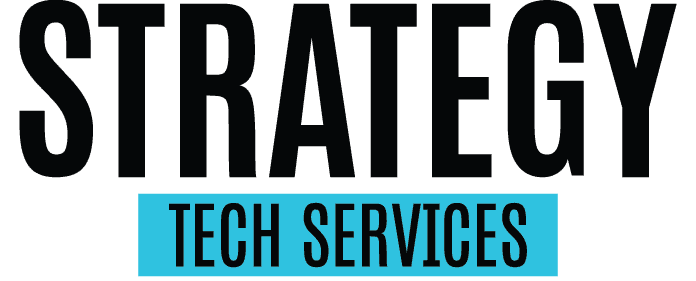
Dark web markets are online locations where illegal drugs and weapons, stolen credit cards, social security numbers, protected health information, counterfeit bills, passwords, and other illicit items can be accessed. Using cyberattacks, cybercriminals steal your valuable information and then put it up for sale on these shady markets.
When your personal information has been acquired through nefarious means, hacked data is often listed on the dark web for cybercriminals to use. Hundreds of thousands of people can then purchase and use your social security number, credit card, health records, and other sensitive data as they wish. Continue reading to learn how you can protect your information and prevent it from appearing on dark web markets.
How Could Your Information Get on the Dark Web?
If your information has been compromised through a data breach, it’s likely to show up on the dark web. This might happen through a breach of free email systems or popular websites, through a customer relationship management (CRM) system hack, a government system compromise, or healthcare breach. Cybercriminals also use social media to look for personal information like birthdays or phone numbers users post online without a second thought. Using this tactic, hackers can gain more information about you that they can sell on the dark web markets.
How to Protect Your Information from Dark Web Markets
The loss of valuable data to cybercriminals can lead to various scams including insurance and medical fraud as well as identity theft. These attacks can happen to anyone and can completely disrupt a victim’s life. Luckily, there are several steps you can take to prevent such disasters from occurring.
Use Strong and Secure Passwords
Passwords often act as the first level of defense against hackers so they must be up to the challenge. Create long passwords with a minimum of eight characters by using a combination of upper and lower-case letters, numbers, and special characters. This makes the passwords harder for hackers to crack, making it less likely that the information they’re protecting will end up on dark web markets.
It isn’t enough for your passwords to be strong though, they also need to be unique. Avoid reusing passwords on different platforms. If a cybercriminal does guess your password and it’s used to protect multiple stores of information, then all that information is as good as gone. But how do you remember and safely keep track of all those unique passwords?
Use Multi-factor Authentication
Another way you can protect your passwords and sensitive information is by installing multi-factor authentication (MFA). This requires additional verification via another method whenever someone tries to log into your accounts. You can receive emails or text messages with a code to verify that it’s really you trying to access your information and not a hacker. However, these communication options can still be intercepted, so it’s best to use an authentication app or physical hardware key. These methods ensure the verification code is only accessible by you and unreadable to any potential hackers.
Watch Out for Phishing Attempts
According to APWG’s Phishing Activity Trends Report, over 30,000 phishing attacks happen every quarter. These emails pretending to be a trusted company or co-worker are especially dangerous as they can trick you into providing personal information or even money to the cybercriminal. To avoid these attacks, use the SLAM method and carefully look at every email’s sender, links, attachments, and message to determine if it’s safe or not.
A big part of the SLAM method is to never click on an unknown link. If you receive an email requesting urgent action or for you to click on something, reach out to the sender through another communication medium to confirm if they really sent the email. This will keep you safe from phishing attacks and keep your information off the dark web markets.
Encrypt Your Communication
When communicating with your team or patients, make sure you’re doing so using encrypted channels. Just like encrypted password managers, encrypted channels make your communications unreadable to potential hackers. Accomplish this by using encrypted emails and messaging apps, HTTPS websites, and virtual private networks (VPNs). While you may not always be discussing sensitive information on these online platforms, it’s better to always protect them than to leave yourself vulnerable to hackers looking to leak your information to dark web markets.
Continuously Monitor Your Online Presence
Protecting your information from the dark web takes constant effort. You need to monitor your online information and take protective measures to make sure your data is always safe and secure. Set up alerts for your name and other personal information so you will be immediately notified if it has made its way to the dark web markets.
You can also simply look up your name, phone number, and email address in a search engine to see if this information is circulating anywhere it shouldn’t be. Avoid looking up your social security and credit card numbers though to keep them extra safe from prying eyes or advanced cybercriminals. Yet another reason to make sure your information is always safe and that your protection is always up to date.
Keep Your Information Safe from Dark Web Markets
Having your information ending up on dark web markets can cause countless problems. Take every step possible to prevent your data from being stolen and sold to the highest bidder. Work with your IT provider to install anti-virus, anti-malware, and anti-phishing tools, as well as backup systems. Stay educated on the latest cyberthreats so you can have the strongest defenses in place.
Strategy Tech Services offers a free dark web scan so you can know if you or your company’s data is listed on the dark web and take action quickly. Book a conversation with us and start strengthening your cybersecurity today!


